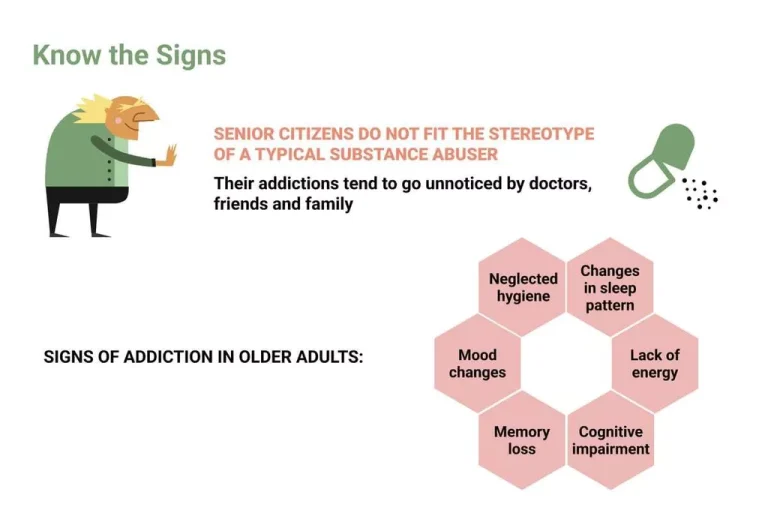
Researchers discovered a 35 percent increase in fatalities linked to alcohol during that decade, while the overall national death rate rose by 24 percent. Professional treatment can help an alcoholic to overcome the physical and psychological dependence on alcohol, and develop healthy coping mechanisms to manage stress and cravings. But if we can heal ourselves from a cold, then with addiction to alcohol everything is much more complicated. Here, you will be taken care of in a comfortable environment and you will be able to start a alcohol rehab new sober life. Patients admitted to the hospital are also much more likely to exhibit violent, reckless behaviour, with some chronic drinkers even exhibiting suicidal behaviour due to developing mental health disorders 9. Most alcoholics are diagnosed with liver disease between the age of 30 and 40, giving an expectation of, at best, 52 years of age 13.
Ways to Reduce Alcohol Use
Children of alcoholics are particularly vulnerable to the social and emotional repercussions of alcoholism. They tend to have a higher incidence of depression, anxiety, stress, and lower self-esteem. These challenges can impact their academic performance, mental health, and ability to cope throughout their lives. The cycle of alcoholism can perpetuate intergenerational emotional distress and strain in familial relationships.
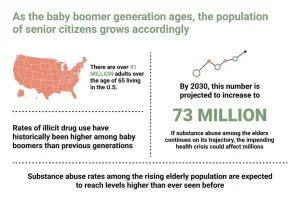
Finding Accredited Heroin Rehab Centers to Help You Get Clean
However, it is important to be aware of the health effects of alcohol consumption. Older people may have an unhealthy reliance on alcohol later in life due to life changes, like the death of a loved one or failing health. These changes can lead to depression, anxiety, loneliness or boredom, which can cause older adults to drink too much. According to the Centers for Disease Control and Prevention (CDC), excessive alcohol use shortens people’s lives by 26 years.
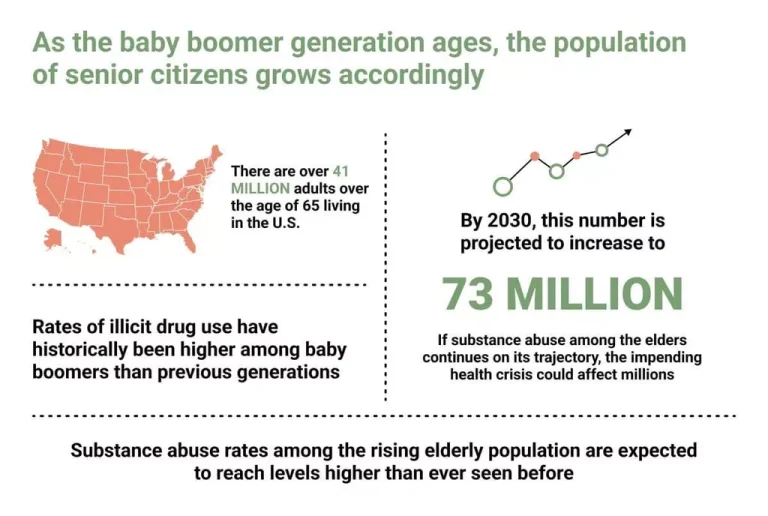
Physical Health Risks
Secondly, excessive alcohol consumption can weaken the immune system, making individuals more susceptible to infections and diseases. Furthermore, alcoholism increases the risk of cardiovascular problems, including alcoholic cardiomyopathy, which can have a detrimental effect on heart function and overall health. The excessive consumption of alcohol can lead to various health issues, including liver cirrhosis, pancreatitis, high blood pressure, and gastrointestinal problems, which may contribute to premature death 1. Frequent heavy drinking is also linked to a higher risk of dying from cancer, heart disease, stroke, and other cardiovascular diseases.
Support Systems and Resources
- You’ll meet hundreds of fellow Reframers in our 24/7 Forum chat and daily Zoom check-in meetings.
- Also casting doubt on the results of the positive epidemiological studies are concerns that a lot of them may be funded by the alcohol industry itself and could be biased in their findings.
- People with alcohol use disorder had higher mortality from all causes of death (mortality rate ratio, 3.0–5.2), all diseases and medical conditions (2.3–4.8), and suicide (9.3–35.9).
- In Sweden, mortality rate ratios increased during the entire study period in men aged 30–74 years and women aged 45–74 years (Table 3).
- Lifestyle factors such as poor diet, lack of exercise, and smoking can also contribute to a shorter lifespan for an alcoholic.
Supporting individuals with Alcohol Use Disorder (AUD) in their journey towards recovery is essential for improving their life expectancy and overall well-being. Various strategies and resources can contribute to a successful recovery process. These cardiovascular conditions can significantly impact an individual’s overall health and life expectancy. According to a 2021 population study even moderate drinking (less than 20 grams of alcohol per day) contributed to 13.9% of total alcohol-related cancers. Since animal studies can be done in controlled environments there are many fewer variables that could confound the results compared to epidemiological studies on human populations. In regard to lifespan, based on the data and recommendations from public health organizations, the best option for non-drinkers would be to continue abstaining from alcohol consumption.
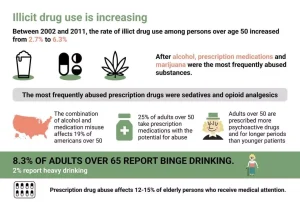
When people talk about the average lifespan alcoholic addiction crisis in the United States, what most of them are really talking about is the opioid crisis in the country. Between a sharp rise in prescriptions for pain relieving opioids and an increasing number of people turning to heroin as a cheaper alternative, opioid addiction has been running rampant across the United States. No matter the form – prescription painkillers, heroin, and even methadone – opioids dramatically reduce the life expectancy of addicts. Opioids take about 2½ months off our lives.” ~ Nadia Kounang, writing for CNN More specifically, Heroin is one of the worst addictions out there. In fact, the drug may cost heavy users nearly three days in life expectancy every time that they shoot up with heroin, according to a recent project from Treatment4Addiction.
- Colds, flu, and other viral conditions are more likely to last longer and have more serious symptoms in those who drink heavily than their counterparts who consume alcohol in moderation or not at all.
- Since no amount of alcohol is safe for our health, any amount of alcohol — not just excessive consumption — can negatively impact our longevity.
- However, it’s important to note that individual circumstances and factors such as co-occurring medical conditions and lifestyle choices can further influence life expectancy.
- Providing support and resources to individuals with alcoholism is vital in their recovery process.
- Alcoholics have a life expectancy that is 20 to 30 years shorter compared to those who do not have an alcohol addiction.
- In Sweden, mortality rate ratios from all causes of death increased in men but was unchanged in women during the entire study; mortality rate ratio from suicide increased in both men and women (Table 3).
By addressing these areas and improving the overall quality of life, individuals can experience greater satisfaction, fulfillment, and longevity. On average, individuals hospitalized with alcohol use disorder have a shortened life expectancy. Men with alcohol use disorder live an average of 47 to 53 years, while women live for 50 to 58 years. This translates to individuals with alcohol use disorder dying 24 to 28 years earlier than individuals in the general population 7. The deleterious effects of alcohol on the brain vary depending on factors such as the amount of alcohol consumed, the age at which drinking began, duration of drinking, and general health status. It is crucial to recognize the potential long-term consequences of alcohol abuse on brain function and overall cognitive health.
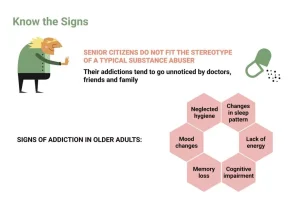
Alcohol and Longevity: How Does Drinking Affect Lifespan?
- However, the gap in life expectancy between patients with AUD and the general population is increasing among men in certain countries.
- Discover Robert Downey Jr’s journey from darkness to triumph as he battles drug addiction, overcomes stigma, and inspires others on the path to recovery.
- Understanding how alcohol affects health and delving into alcoholic behavior are crucial aspects in comprehending the complexities surrounding alcohol abuse.
- However, when used in conjunction with medical advice, they can provide valuable insights and assist individuals in making informed decisions about their alcohol consumption.
- Whether you are struggling with addiction, mental health or both, our expert team is here to guide you every step of the way.
John C. Umhau, MD, MPH, CPE is board-certified in addiction medicine and preventative medicine. For over 20 years Dr. Umhau was a senior clinical investigator at the National Institute on Alcohol Abuse and Alcoholism of the National Institutes of Health (NIH).
Rehabilitation helps individuals overcome drug addiction by addressing physical, mental, and emotional challenges through detoxification, therapy, peer support, and life skills development, fostering lasting recovery. Growing up in a household affected by alcoholism can have significant effects on the mental health and well-being of children. The impact of alcoholism on children can manifest in various ways, including mental health challenges and long-term effects. Research suggests that individuals who abuse alcohol and cigarettes face a higher risk of developing various health issues compared to those who abuse either substance alone.

